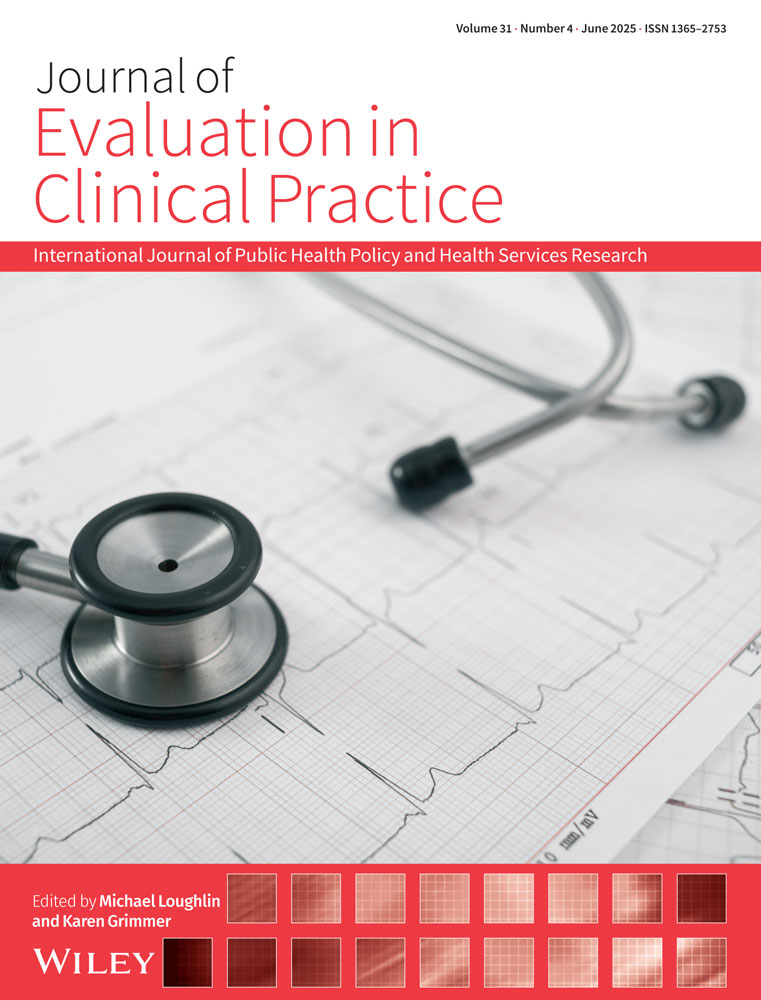Qualitative Outcomes of Bariatric Surgery Patients: Reasons for Choosing Bariatric Surgery and the Impact of Bariatric Surgery on Patients' Lives
ABSTRACT
Objective
This qualitative study aimed to examine the reasons why morbidly obese people prefer bariatric surgery and the effect of bariatric surgery on the lives of patients.
Methods
Interviews with the participants who underwent bariatric surgery were completed through a semi-structured interview form. The expressions of the participants were analyzed thematically using the MaxQDA20 software.
Results
The participants were 52.9% were female. The study reached three main themes: ‘First Experiences After Surgery’, ‘Reasons for Choosing Bariatric Surgery’, and ‘The Effects of Bariatric Surgery on Patients' Lives’. It was found that the primary reason for participants to prefer bariatric surgery was ‘aesthetic appearance/to be liked’. It was determined that the most used code among the positive effects after surgery was ‘happiness’. The most used codes for negative effects were ‘hair loss’ and ‘weight regain’. The most repeated code in the first experiences after surgery was ‘nausea and vomiting’.
Conclusion
The participants that revealed results are a significant guide for all morbidly obese people. However, it is recommended to conduct further qualitative and quantitative research on the preference for bariatric surgery and attitudes toward surgery.
Conflicts of Interest
The authors declare no conflicts of interest.
Open Research
Data Availability Statement
The data that support the findings of this study are available on request from the corresponding author. The data are not publicly available due to privacy or ethical restrictions.




